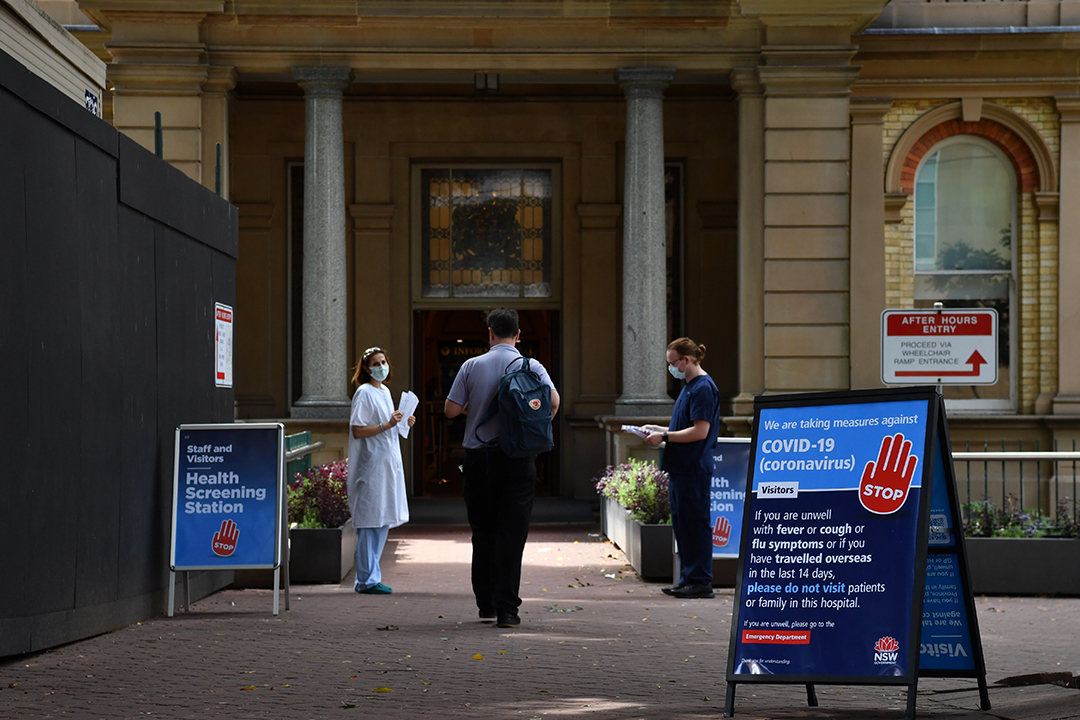
With all the doom and gloom surrounding this virus, it is comforting to know that medical science is working around the clock to develop a vaccine, some form of treatment and possibly even a cure. In the March 18, 2020 edition of the New England Journal of Medicine, a study from China of 199 patients with confirmed Covid-19 showed no benefit from the combination of lopinavir-ritonavir (Kaletra: 400mg/100mg) given twice daily for 14 days in addition to standard, supportive respiratory therapy versus placebo. Kaletra is an approved anti-retroviral agent for HIV infections.
All the patients in the China study were in the advanced stages of the disease and thus the combination therapy, Kaletra may have been too little, too late. Those patients who were given the drugs within 12 days of the onset of symptoms did have a small but significant improvement. Of the patients with advanced disease, those who survived did recover quicker when given Kaletra.
Another study from China trialled 340 patients with Covid-19 using an anti-flu drug, Favipiravir, with the researchers claiming a quicker recovery and greater improvement in lung function. Again it appears that this drug also blocks the coronavirus from replicating in the body.
These appear to have prompted a trial to commence in Queensland of the same therapy in combination with hydroxychloroquine, a drug that has been on the market for a number of years for the treatment of malaria and rheumatologic conditions such as rheumatoid arthritis. There is very good theoretical evidence that hydroxychloroquine prevents the coronavirus setting up shop within cells and spreading infection throughout the body.
The Walter and Eliza Hall Institute in Melbourne is also coordinating a trial of 2,500 health workers using hydroxychloroquine as a prophylaxis against contracting the virus. One of the key points here is that it is all about the dose. Health workers looking after a number of very sick people who have contracted coronavirus, are exposed to a significant viral load and are therefore predisposed to contracting coronavirus and because of the much higher dose of virus in this scenario, are at greater risk of the more severe version of Covid-19.
There has also been another suggestion of using passive antibody therapy, which is where you take the antibodies from a person who has recovered completely from coronavirus and infuse them into patients suffering from the disease.
But, there are very important caveats which, in my opinion, give strong hope for the near future. To make an analogy from a very common set of viruses, the herpesvirus, in the case of shingles or the unrelated herpes simplex leading to cold sores or genital lesions, the key message is always to start therapy early. If anti-viral agents are started in these conditions well after 72 hours from the onset of symptoms, there is not much benefit from therapy. The reason being is that by the time the virus is well established, there is a much greater viral load and the virus is well entrenched into the body’s cellular mechanisms.
This principle is evident in many aspects of modern medicine with any good doctor knowing full well that the earlier you detect an illness and commence treatment, the better long-term benefits for the person. This is true for all medical conditions, including any form of severe infection. There are promising indications that this may be the same principle with the coronavirus, if indeed these therapies are a benefit which certainly needs to be proven.
I therefore fully support the Queensland trial but hopefully the combination therapy using Kaletra and hydroxychloroquine will be started early in those patients deemed to be at high-risk or with signs of a more significant illness than the 80% of people infected with Coronavirus where the illness is typically mild. Clearly, these therapies should not be used as a last resort. The key is to select the appropriate patients and not use the therapy as a precaution in low risk patients with minor disease who should purely be self-isolating. If they are shown to work, it will only happen through starting early and starting hard.